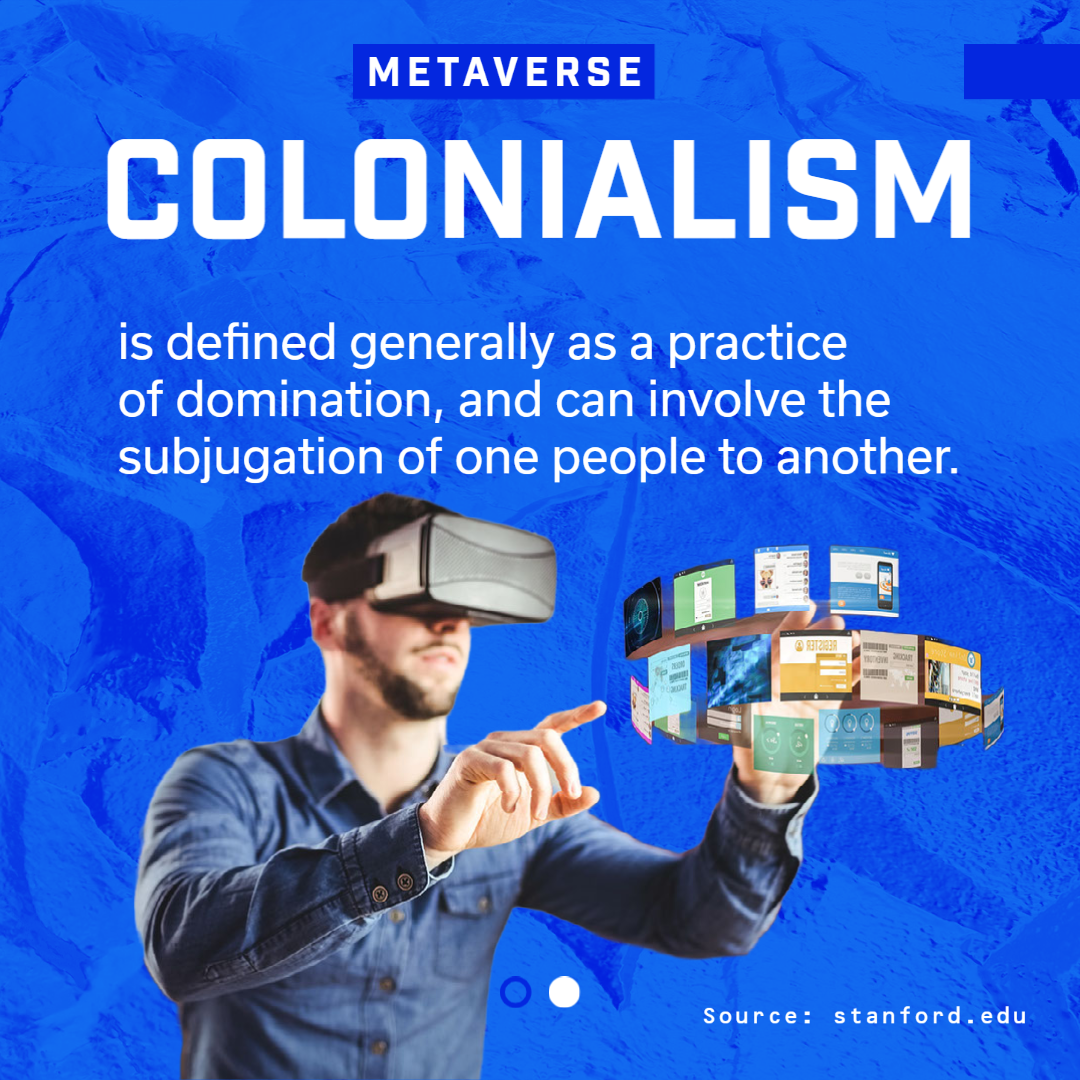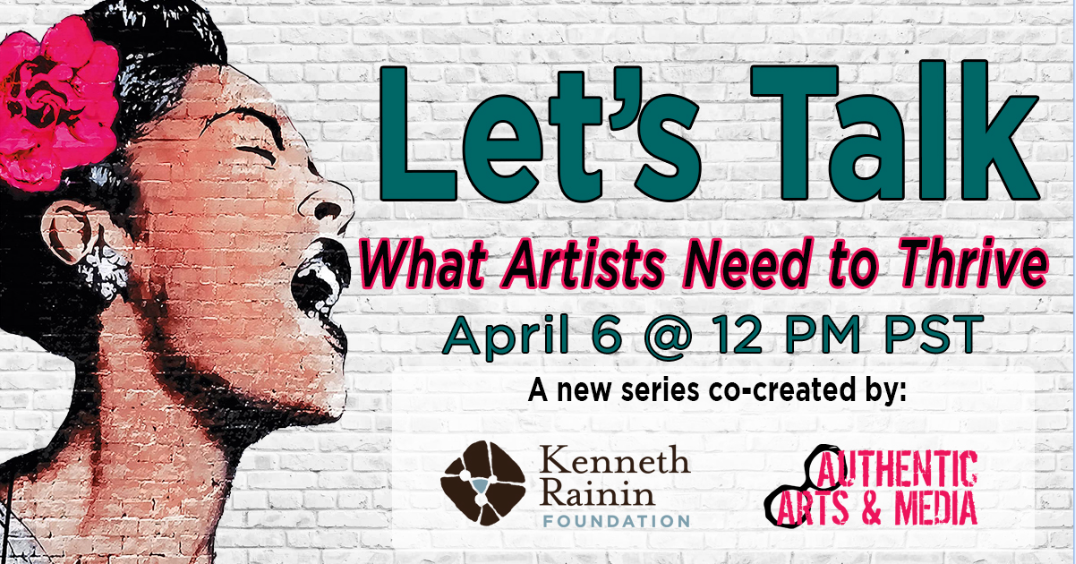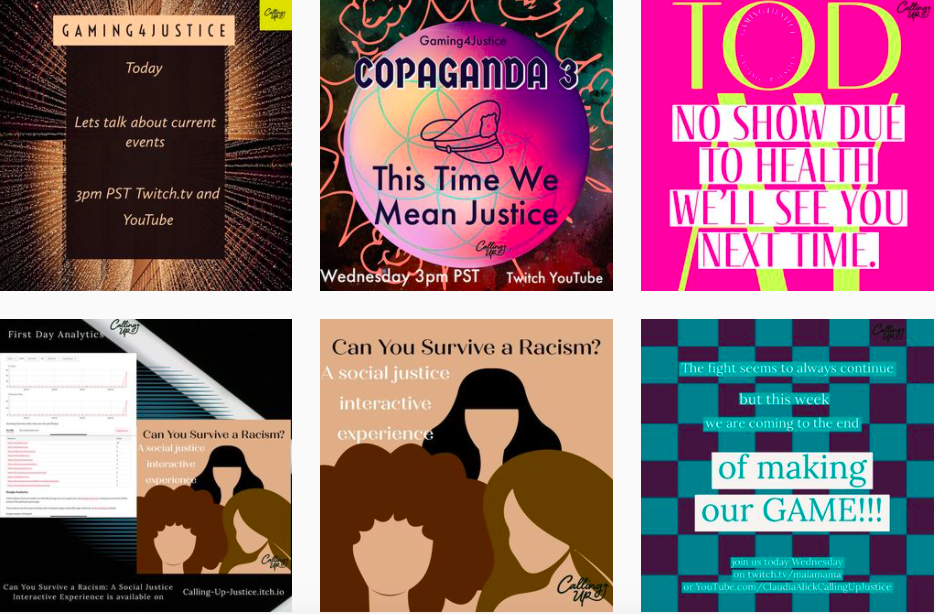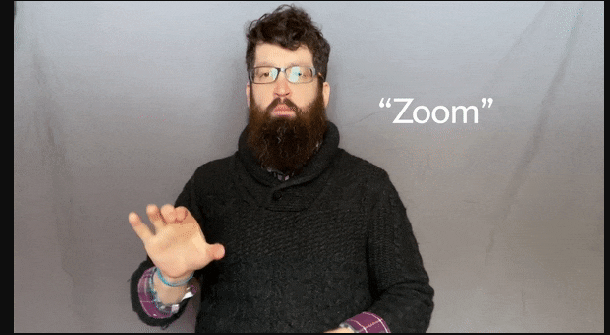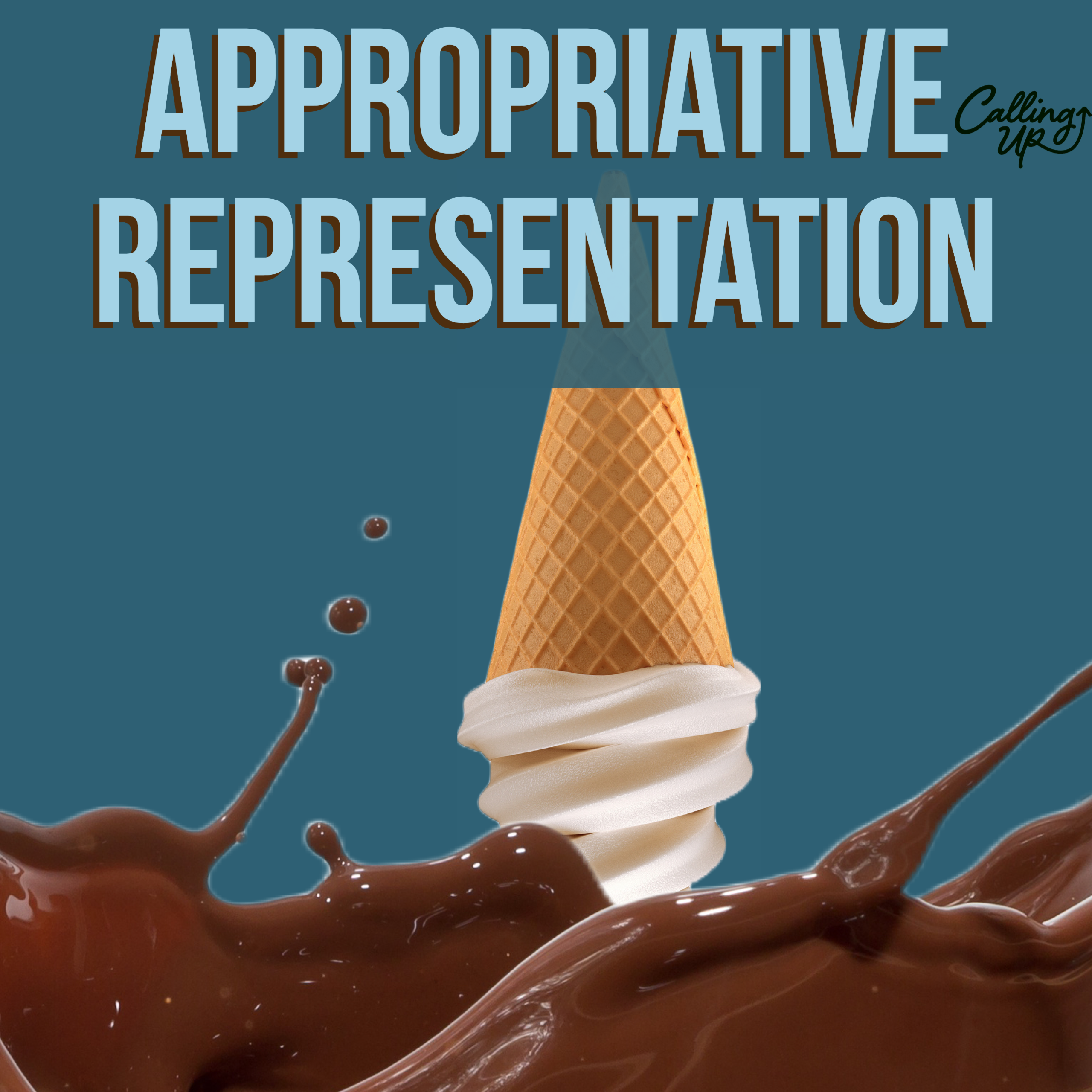
Appropriative Representation
Introducing a term developed for anti-racist purposes: “appropriative representation.” This occurs when a Black person is cast in a role originally written as white, maintaining white dominant narratives but adding Black aesthetics and social capital. This enhances the property, making it more commercially popular, strengthens white intellectual property (IP), and enriches legacy producers who are often white and male. The result looks and feels Black but is appropriating the place of authentic Black representation.

